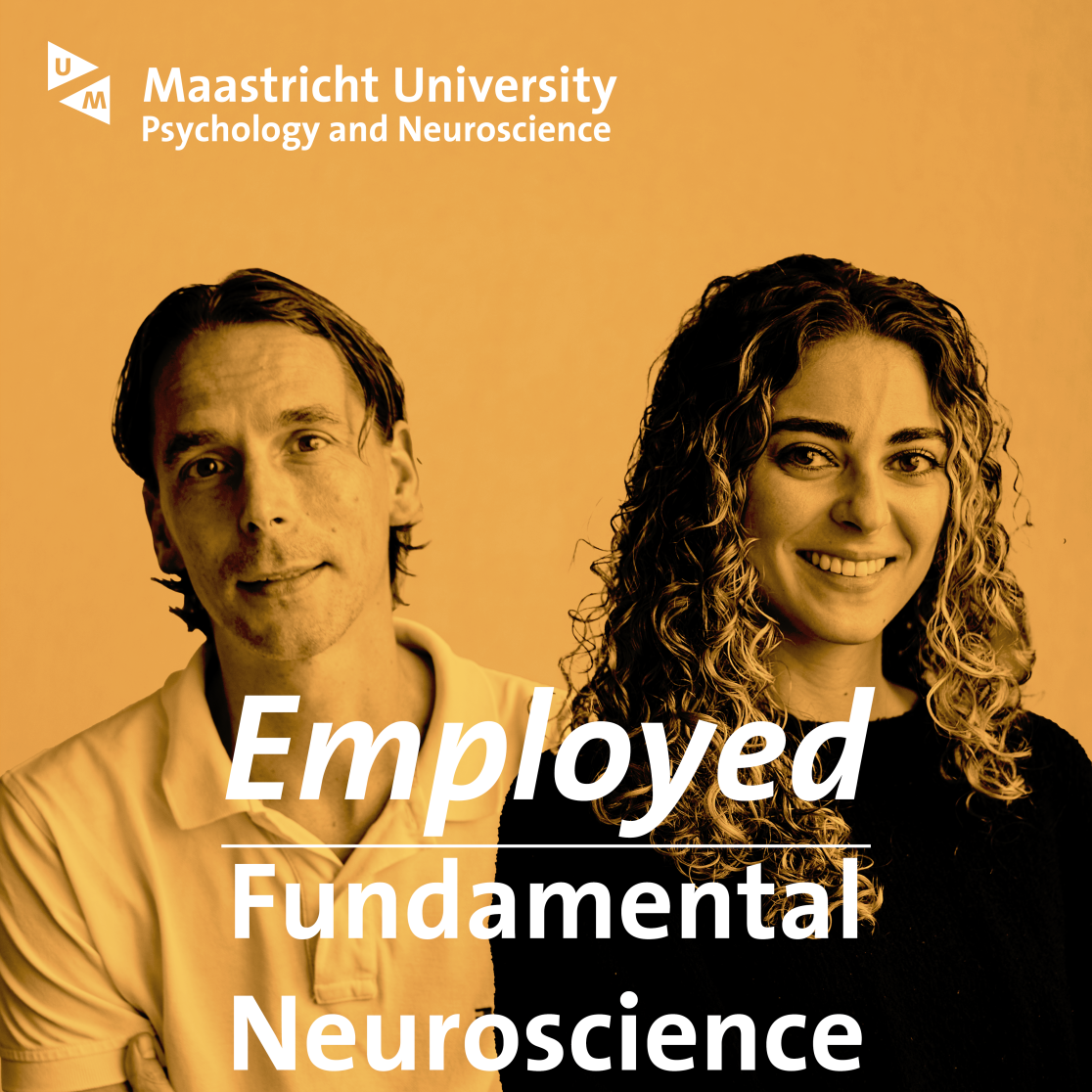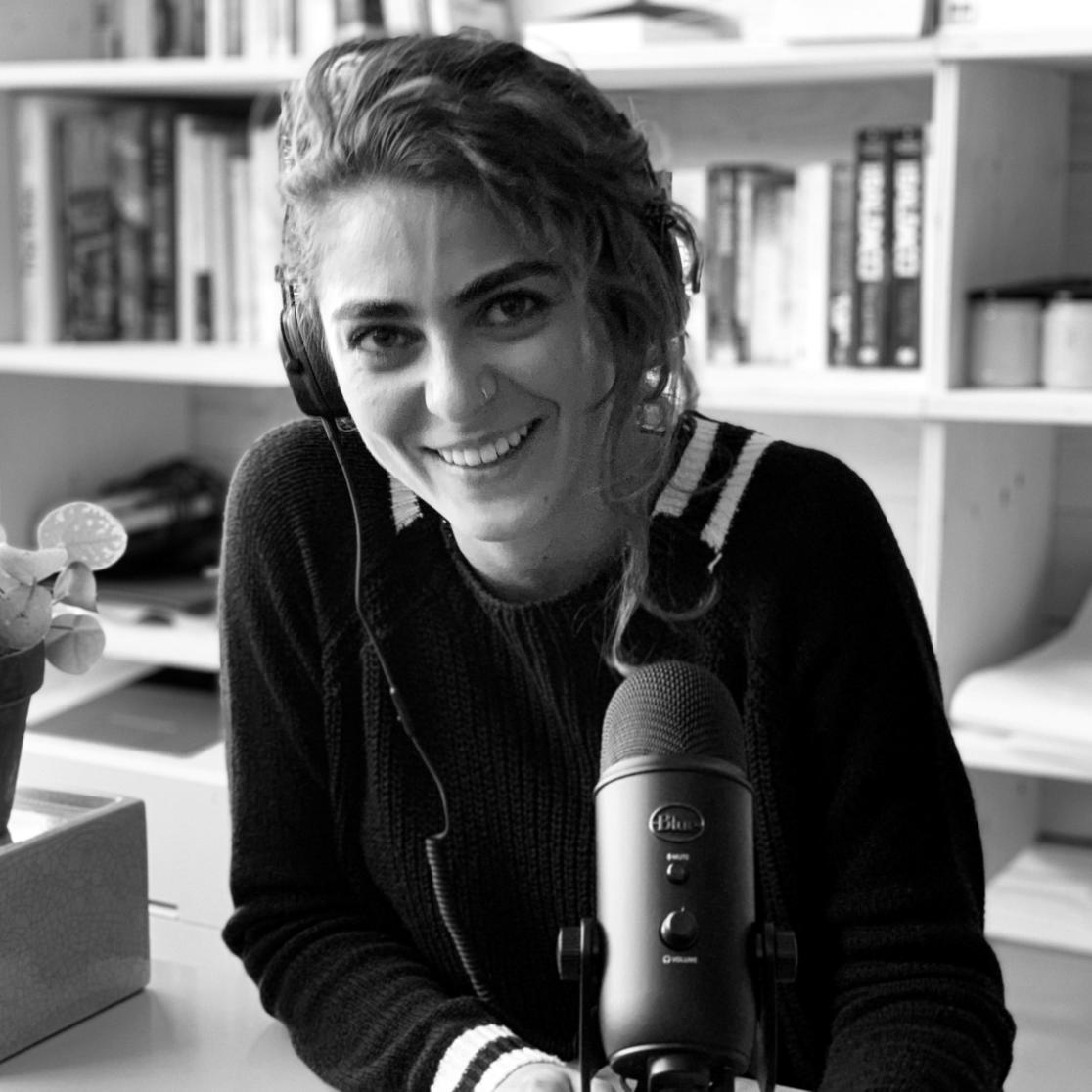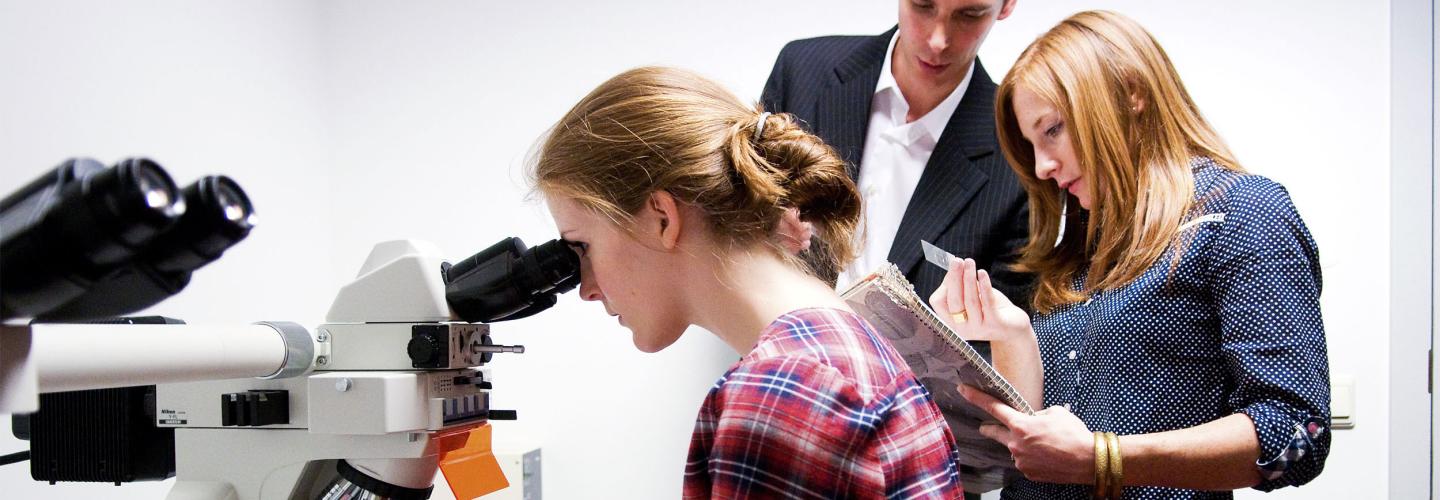Jouw toekomst
De onderzoeksmaster in Cognitive and Clinical Neuroscience is primair opgezet om studenten voor te bereiden op een wetenschappelijke carrière, waarin het nastreven van een PhD normaal gesproken de volgende stap is. Gemiddeld vindt meer dan 90% van onze afgestudeerden binnen 3-6 maanden na afstuderen hun gewenste baan of opleidingsfunctie. De meerderheid begint met PhD-projecten bij topuniversiteiten of onderzoeksinstituten. De anderen volgen verdere opleidingen of werken in onderwijsinstellingen, financieringsinstanties of het bedrijfsleven.
De opleiding geeft je ook een solide achtergrond voor carrières in diverse settings, waaronder:
- wetenschappelijk onderzoek, onderwijs- en beleidsfuncties bij universiteiten
- wetenschappelijk onderzoek en beleidsfuncties bij onderzoeksinstituten
- data-analist of consultancyfuncties
- onderwijs- en geestelijkegezondheidsinstellingen
- medisch technologische sector
- overheids- en financieringsinstanties
Welcome to Employed! This episode we will listen to a conversation between Katherine Bassil, an alumna of the Fundamental Neuroscience specialisation of the research master Cognitive and Clinical Neuroscience and the coordinator of that programme Daniel van den Hove.
She joins us at the faculty to talk about her career, how she has navigated a transition to a different field of research, how becoming a mother has influenced her work life, and what skills she still wants and need to develop to keep growing as a person and a scientist.

Katherine Bassil | USA
- First job: PhD candidate in molecular and cellular neuroscience at Maastricht University, The Netherlands
- Current job(s): (finalising) PhD candidate in molecular and cellular neuroscience at Maastricht University, The Netherlands
- Project Designer & Manager at DecisiX/NeuroMind, Brightlands Maastricht Health Campus, The Netherlands
The programme was diverse and was a great foundation for a future both in and outside of academia. It was composed of a variety of laboratory skills but also skills for entrepreneurship. It’s intense but I’ve gained so much from following this Masters, especially with the Problem-Based Learning system. This programme also allowed me to build a strong network in the field, it facilitates building connections on a national and international level. Nevertheless, I’ve made some of the best friendships during these 2 years. Definitely recommended!

More testimonials
Margherita Zamboni | Italy
- Graduation year: 2016
- First job: PhD student in Regenerative Neuroscience at Jonas Frisén lab, Karolinska Institute (Sweden)
- Current job: PhD student (Currently wrapping up for my PhD defense and applying for Postdoc grants)
“I had a wonderful experience at Maastricht University. The Research Master in Fundamental Neuroscience offered a great program and a lot of opportunities to get our hands dirty with lab work. Coming from a Psychology background, the practical classes have been the perfect setting to gain some basic technical experience with various biochemical methods. I enjoyed the topics covered in the program and particularly appreciated the unique learning system with the PBL structure and the small study groups, which allowed to solidify our communication skills and collaborative disposition.
I moved to the Karolinska Institute (Sweden) to conduct my Research Internship and write my Master thesis. After graduation, I was able to remain in the same lab to start my PhD studies, during which I have characterized the molecular profile of cells contributing to adult neurogenesis in the human brain and investigated how to leverage the latent stem cell potential of astrocytes to aid recovery after brain injury.
I am currently wrapping up my PhD and feeling excited about preparing for a career in academia. I am grateful for the opportunity to study at the Research Master in Maastricht University because it helped me secure my PhD position and equipped me with tools that helped me succeed during my doctoral studies and, hopefully, beyond!”
Nasim Badaghi | Ecuador
- First and current job: docent at Radboud University
"I completed my research master in fundamental neuroscience last year. This was a high-quality program, which not only thought me theoretical knowledge but most of all skills that are an asset to research. Studying fundamental neuroscience helped me realized the importance of giving your best while working independently and as part of a research team. It also gave me the opportunity to immerse in the biological processes occurring in the brain. If offered me the possibility to understand and see the brain in health and illness from a molecular point of view. In addition, it was incredibly enriching to be able to share the journey with people from all over the world."
